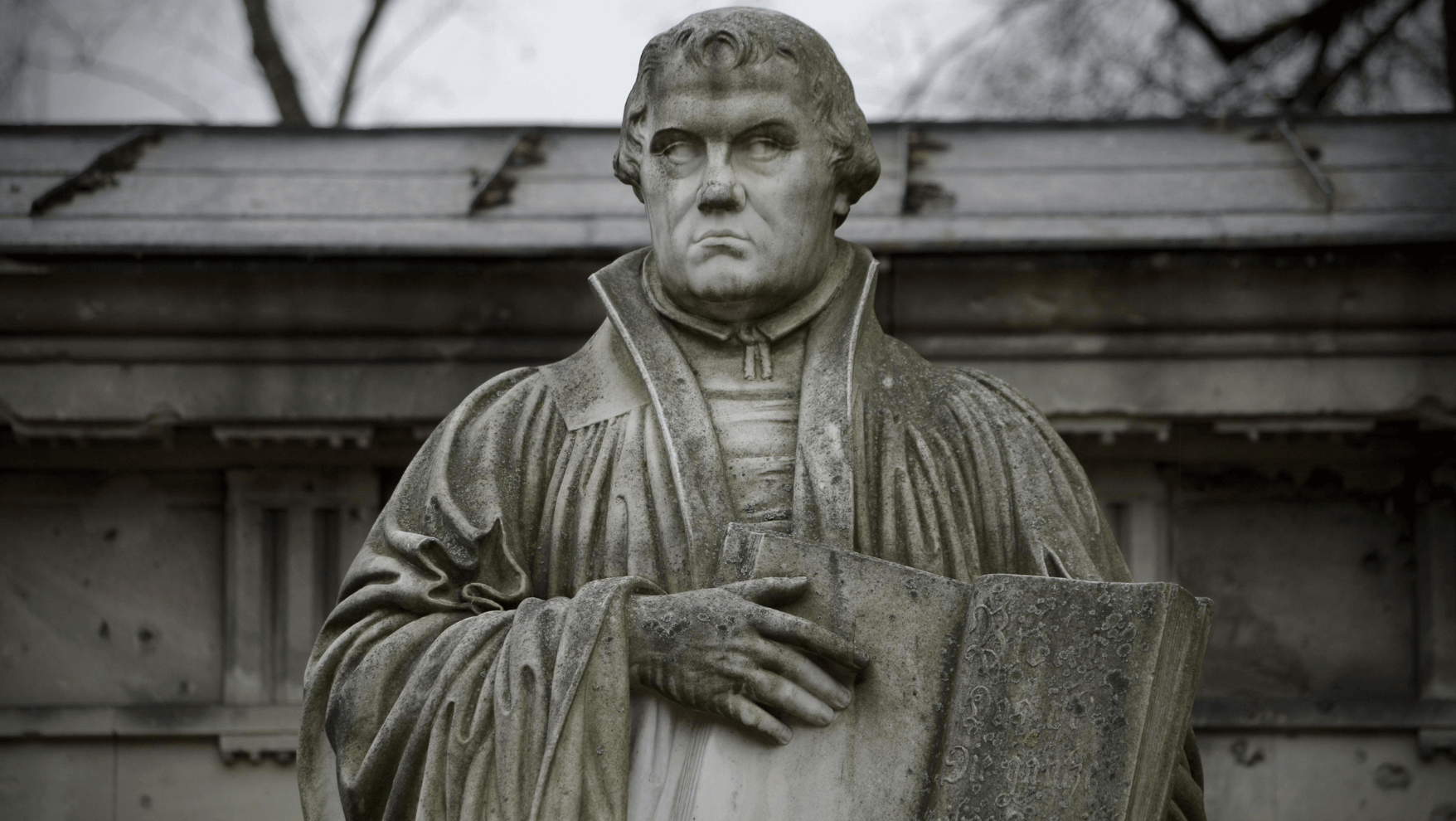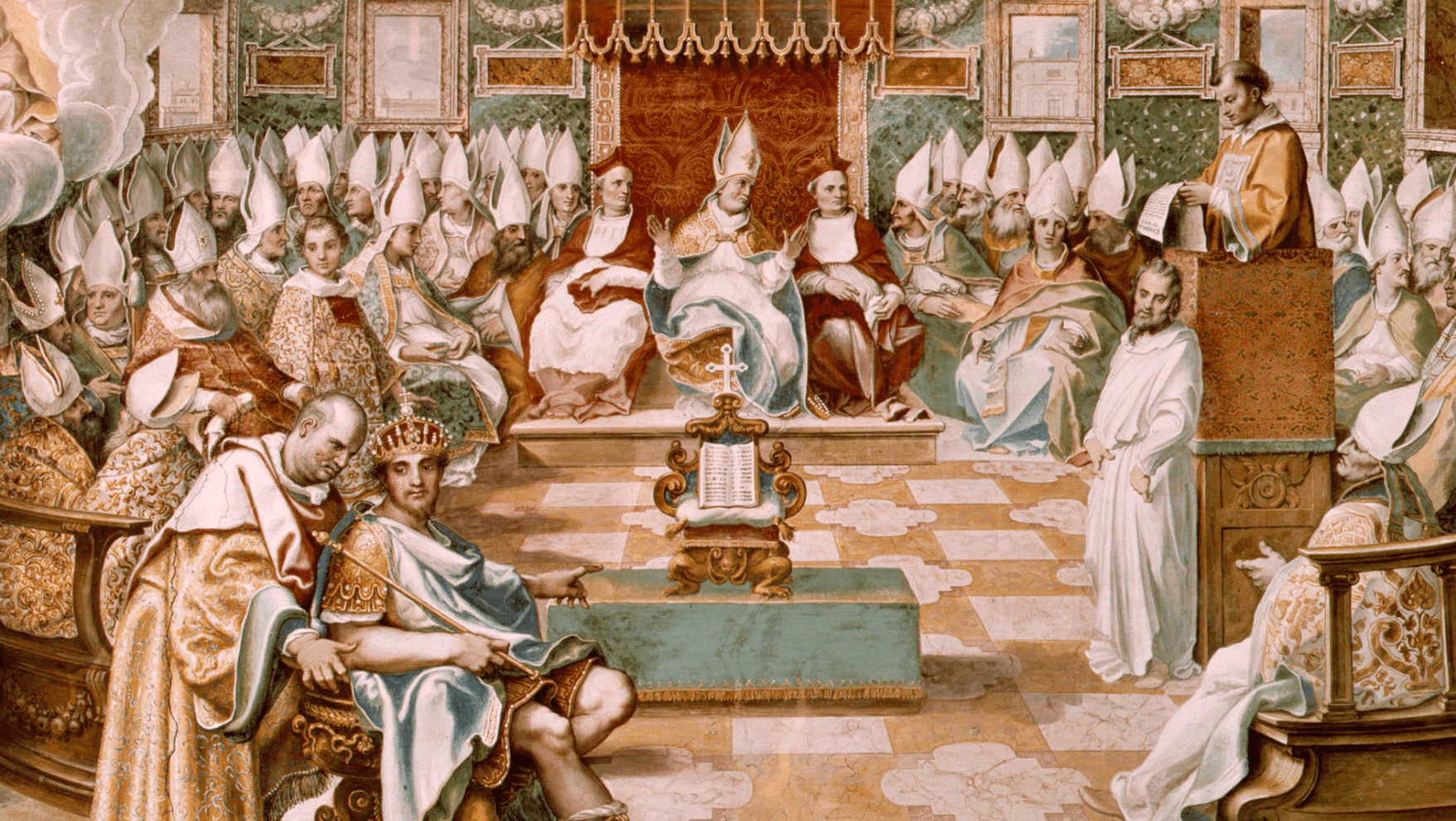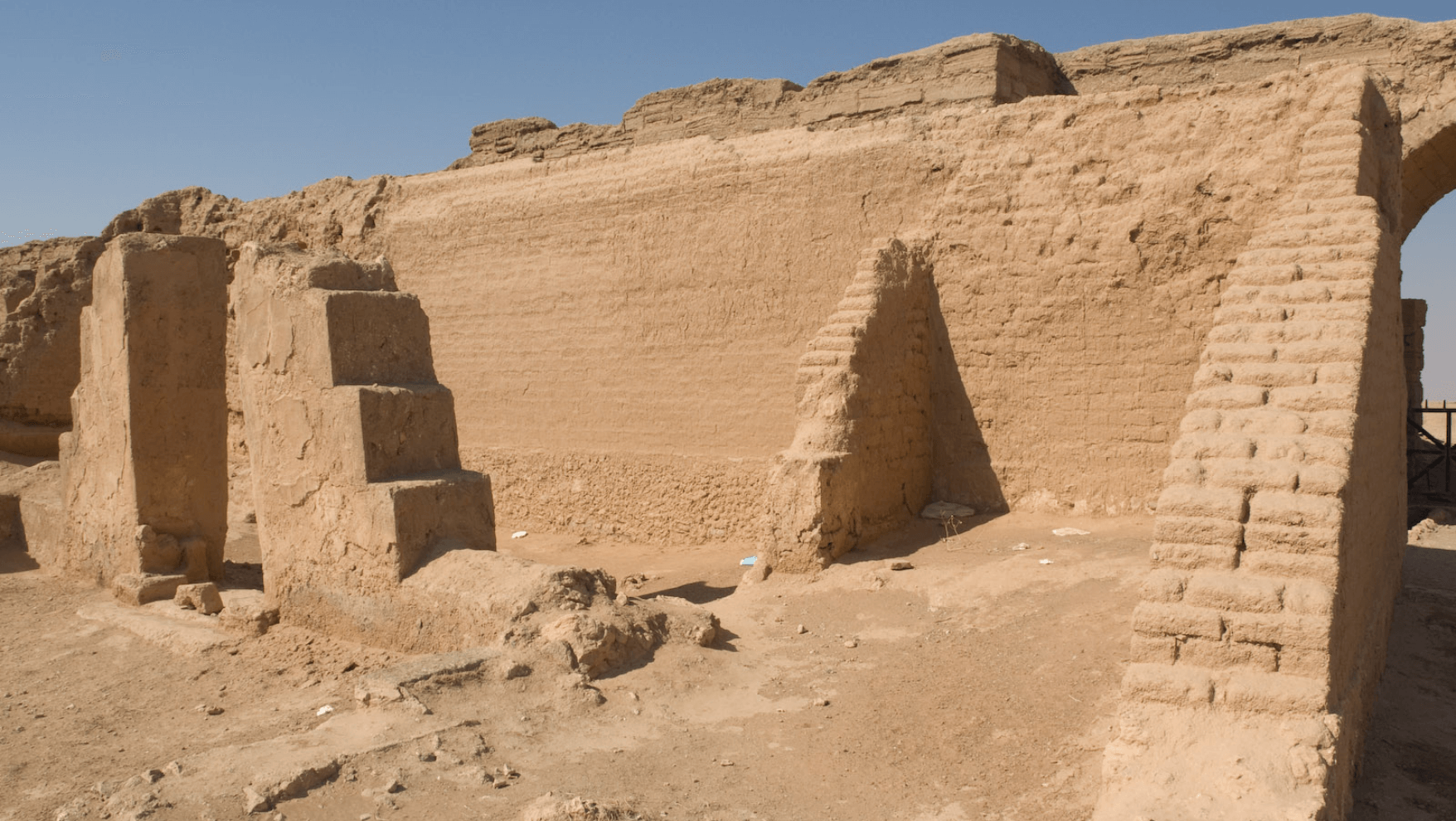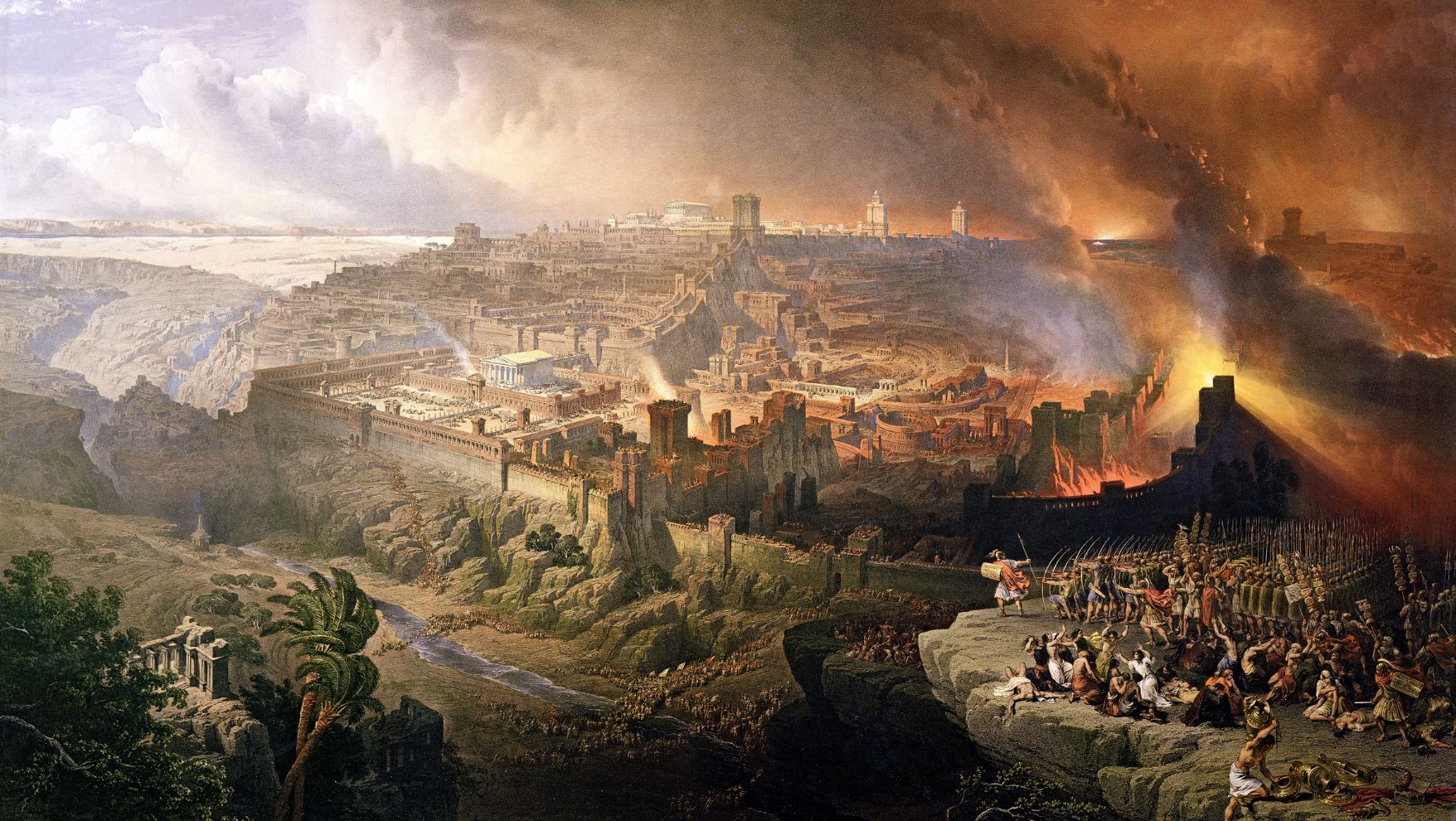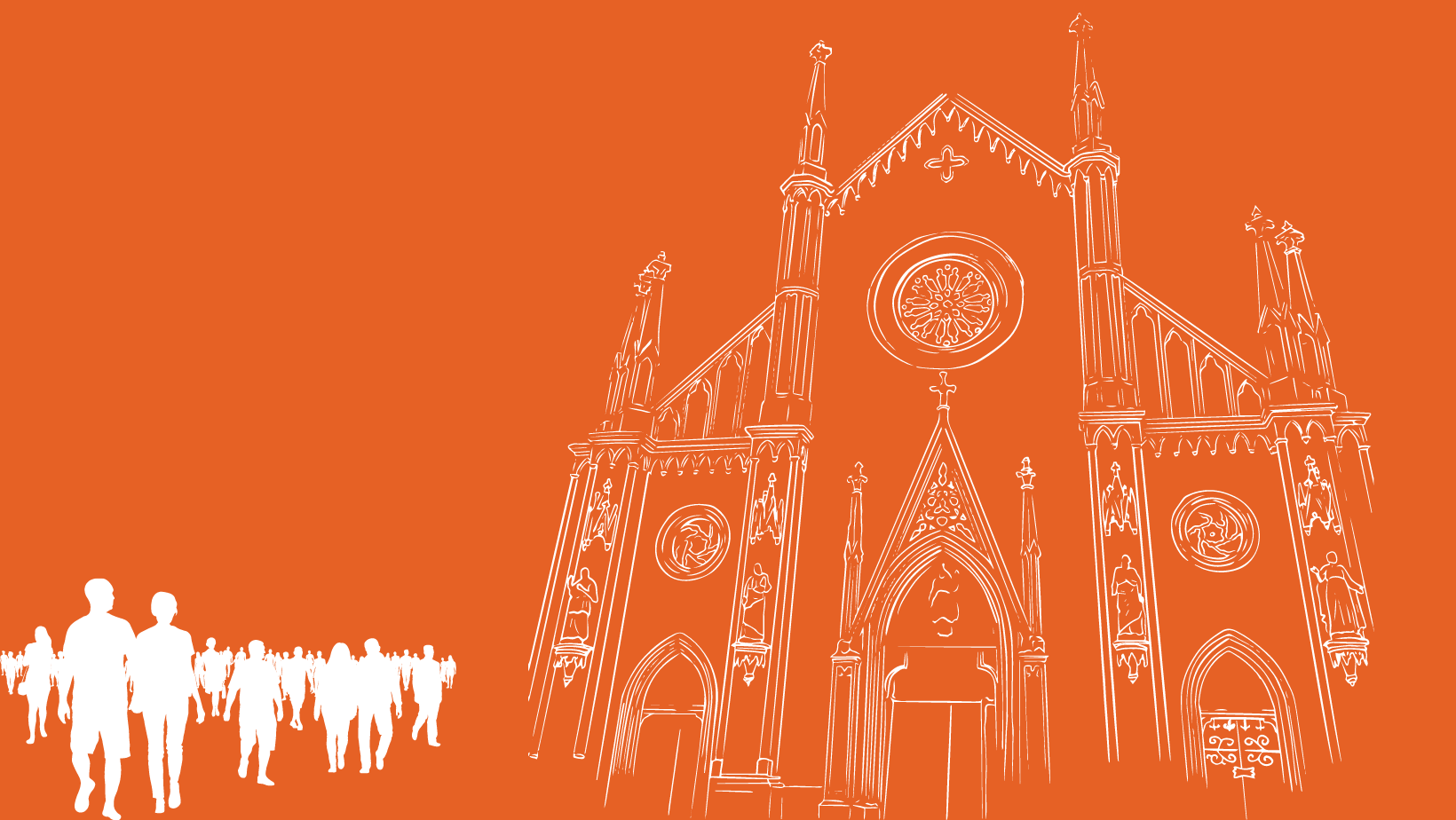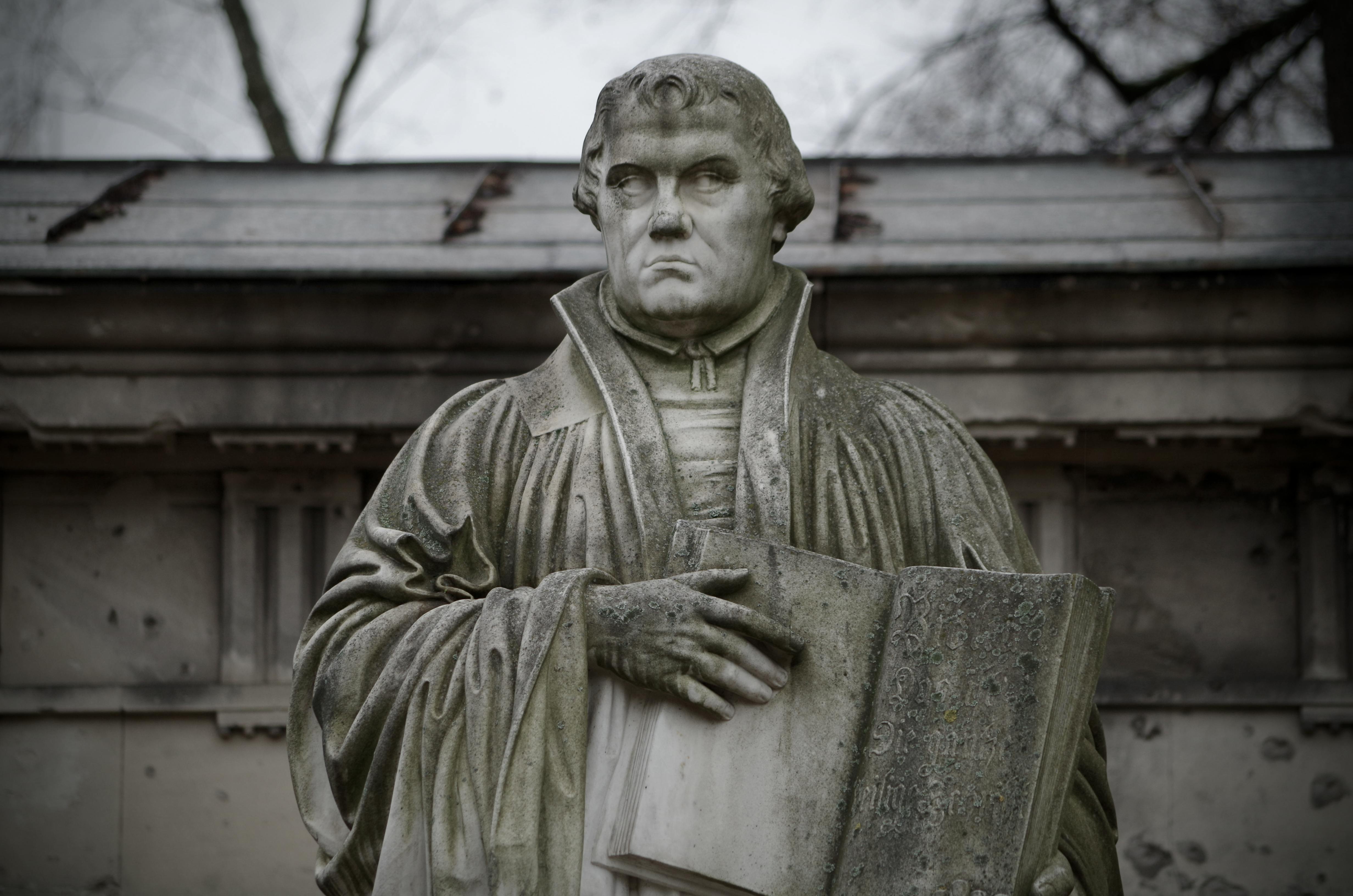
Photo by Florian Chefai for Pexels
At 33 years old, Martin Luther, an ordinary monk, set in motion the Protestant Reformation, which gave birth to the division between Protestant and Catholic theology.
The Reformation was a religious movement that began when Luther posted his critiques against the Roman Catholic church, the only Christian church option besides Eastern Orthodox, on the door of Castle Church in Wittenberg, Germany in 1517, also known as “The 95 Theses.”
His central issue with the Catholic Church was their work-based view of salvation and their practices of selling “indulgences,” according to Britannica. The Catholic church taught that people could achieve salvation through good works.
Priests would grant indulgences which were essentially pardons that could be purchased to limit their time in purgatory before ascending into heaven. Indulgences were being sold and advertised in 1510, with the proceeds going to the building of the new Basilica of St. Peter in Rome.
In the 16th century, theologians and scholars began questioning the Church. The writings of early church philosopher Augustine, along with the Bible, became more accessible for people to read because of Gutenberg’s printing press.
The mass production of print led to the dissemination of knowledge. Among those questioning was Martin Luther, who was heavily influenced by Augustine’s theology according to Andrews University Seminary Studies.
In his writings, Augustine was adamant the Bible was the ultimate and only religious authority, rather than the common belief that placed Church officials in higher authority, according to Augustine of Hippo’s Doctrine of Scripture: Christian Exegesis in Late Antiquity. Furthermore, Augustine believed that humans could not achieve salvation through good works, but only through the grace of God.
Augustine’s belief was in opposition to the Catholic teaching at the time, which offered works as a way to attain salvation. Augustine’s two central beliefs – that scripture is the ultimate religious authority and humans can only receive salvation by grace not deeds – later became the foundation of Protestantism.

Photo by Pixabay for Pexels
Luther argued against the Catholic church’s claims to divine authority, and he countered that the Bible was the only source of divinely inspired knowledge, according to Luther’s 95 Theses. He contested that inner repentance was the only requirement for salvation, rather than sacramental confession or indulgences.
Publishing academic discussions on doors was typical at the time, so Luther posting his critiques was nothing out of the ordinary, according to history.com. However, in 1520, Pope Leo X demanded that Luther renounce his writings.
Church leaders at the time considered his teachings heretical, meaning what he was saying was going against the authority of the Catholic Church, according to history.com.
In The 95 Theses, Luther emphasized that the Catholic Church was not the ultimate religious authority, instead, the Bible was — this limited the power of the institutional church, which is why Pope Leo X wanted Luther to take back what he said.
When Luther refused to renounce his writings, Pope Leo X excommunicated him from the Catholic church the following year.
His excommunication was significant because Luther did not take his faith lightly. Raised as a devout Catholic, he went on to be a monk and ultimately, a priest, according to Brittanica.

Photo by Julia Volk for Pexels
At the time of publishing his theses, Luther worked as a professor of moral theology at the University of Wittenberg, according to Brittanica. His critiques of the Catholic Church came from his studies on church structure and theology.
Luther went on to publish a German translation of the Bible in the King James Version, according to 1517. Since most Bibles at the time were only available in Latin, Luther’s translation made Scripture accessible to people in their first language, aligning with his conviction that all people had the right to study and understand Scripture.
Luther taught that the Bible is the ultimate authority over Christians' lives and belief in Christ’s death and resurrection is the only way to salvation. His courage challenged the institutional hold of the Catholic Church and altered the course of history.
Christians today can take inspiration from Luther’s commitment to scriptural truth and authority and God’s life-saving grace.
Jenna Mindel is a senior journalism student at Biola University who is passionate about storytelling. Originally from Washington State, but now a California resident, she hates the rain but loves coffee, books, long walks (preferably on the beach), podcasts and any chance she gets to share a meal with her friends. Jenna hopes to shed light on meaningful work the Church is doing around the world as a journalist.
